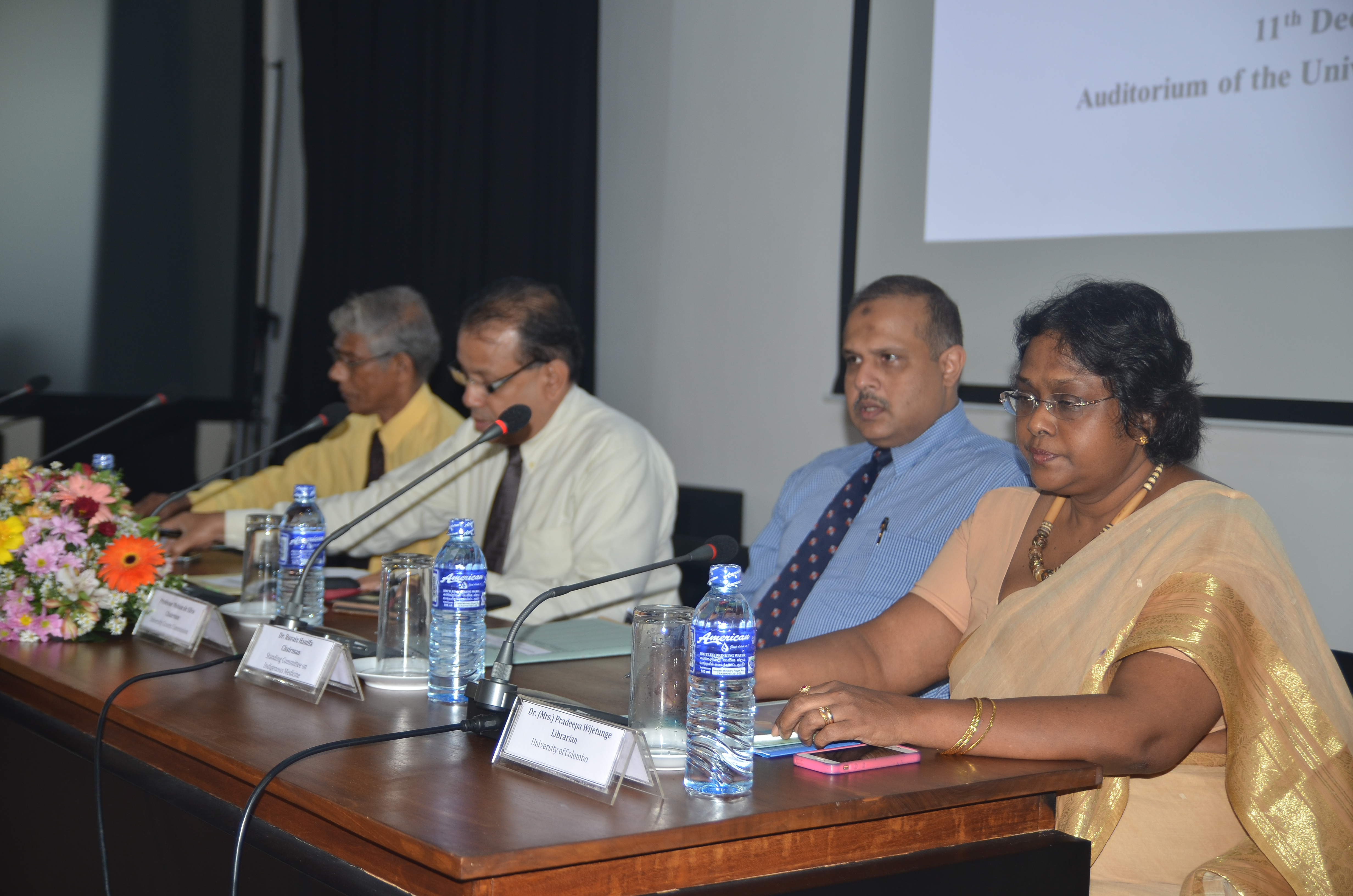
Sri Lankan library consortium provides electronic scholarly information to the country’s universities and research institutions
To create a vibrant research culture and raise the ranking of Sri Lankan universities, it is vitally important that the academics and students, especially postgraduates, are provided with unhindered access to scholarly journals in their respective fields. The Sri Lankan Library Consortium (CONSAL), supported by INASP, has been a vital tool in providing electronic scholarly information to universities and research institutions in Sri Lanka, and its journey is one to be proud of.
Sharanya Sekaram interviewed the Coordinator of CONSAL Pradeepa Wijetunga to find out more.
Why was a library consortium established in Sri Lanka?
In 2013, when discussions about the consortium began, the 15 state universities in Sri Lanka only had access to about 650 print journal titles collectively and no mechanism to share access to them with each other. There were also only a few databases that some universities subscribed to individually. Some newer universities did not have access to either scholarly print journals or databases. The librarians recognized a severe disparity of access to scholarly material across the universities in the country. Due to limited budgets and different priorities it was not possible for all universities to increase the resources individually to satisfy all user needs.
Why was it important to include state organizations such as the University Grants Commission in the process?
The Standing Committee of Library and Information Science (SCOLIS), which is a standing Committee functioning under the University Grants Commission (UGC), took the initiative to formulate the consortium. It was vital to have UGC as the funding is provided to universities through the UGC. A consortium needed additional funding and such a large proposal needed the approval of Sri Lanka’s Ministry of Higher Education. UGC was the body responsible for obtaining such authorization.
What were the key challenges in establishing Sri Lanka’s consortium and how were they overcome?
There were challenges in terms of funding, identifying what users needed, and raising awareness among academics about the consortium.
- Funding – The main challenge was receiving additional funds from the government. The UGC was expected to make relevant representations and justify the request for funding. The statistics on journal and databases subscriptions during that time convinced the UGC that a consortium was needed.
- Identifying what users needed – It was almost a year-long process to collect wish lists from every department, every faculty and every university, and then to refine these lists and compile a master list in such a way that there was “something for everyone”. However, highly specific titles had to be excluded as they could not be provided through a consortium, which did cause some disappointment among consortium members.
- Raising awareness among academics – This was addressed with a memo describing the gravity of the issue, the process of identifying the titles and databases and how the formulation of a consortium would increase access to titles. This memo was presented by respective university librarians (who are also the members of the SCOLIS), at the Research Committees, Library Committees, Faculty Boards, Senates etc. to raise awareness of the forthcoming consortium.
What was the reaction when the first databases were launched?
Access to five databases was provided from January 2014 and this was accepted with enthusiasm by many although there were some negative thoughts, mainly because of the high costs involved with subscriptions. A large-scale launch was planned but, due to various reasons beyond our control, it was not possible to have this formal launch in 2014 immediately after opening access to the databases and there was an effect on the awareness.
However, in December 2015, after almost two years of having access to five databases, an awareness programme was held at the UGC for all universities, and the Deans, Directors, Professors, and Librarians participated from the 15 universities under the purview of the UGC.
What achievements should the consortium be most proud of?
Having access to five databases itself is the greatest achievement of CONSAL. It was the first time in the history of Sri Lanka that such a consortium was launched, with a couple of previous attempts failing. Having the support of the UGC was the strongest point and justifying the need to the government, surviving three years and starting another cycle in 2017 are also achievements.
Sri Lankan university librarians had little experience in dealing with a consortium when CONSAL was started in 2014, and excellent support was provided by INASP across three years, under their Strengthening Research & Knowledge Systems Programme, to fill this void. INASP sponsored five workshops on formulating and strengthening of a Sri Lankan consortium, management and marketing of e-resources, Monitoring and Evaluation of E-Resources Usage (MEERU) and managing systems in Sri Lanka including the expert resource persons from the UK, Canada and India.
INASP also provided training in negotiation skills for two librarians in the UK and for three librarians in Bangladesh. A librarian was also trained in MEERU in Bangladesh. These openings offered exceptional training opportunities for Sri Lankan librarians. On average, each programme conducted in Sri Lanka was attended by two people from each one of the 15 state universities in Sri Lanka, with the intention of them repeating the training in their own universities. The support was not only in training, but also in preparing the product specification documentation at the initial stage when the suitable products were under consideration. INASP extended its support to the co-ordinator of CONSAL and, after the consortium was formalized, a grant was provided to conduct a survey on e-resources usage by the university academics. This has now been almost completed and results will be available very soon. INASP has played a key supporting role in establishing CONSAL and this is acknowledged with gratitude.
How has the situation changed over the past three years in Sri Lanka?
It is too early to measure the research output. Usage was picking up for some databases, but going down for others. At the end of a three-year period, two databases were terminated because the subscriptions could not be justified. At present, a survey is underway into database usage by the academic staff and the students. Many have asked for access from home; access is IP authenticated so they can access only from universities, which is a challenge when many universities are not residential.
What are the future plans for CONSAL?
UGC has decided to re-allocate funds from the two cancelled databases to start a document delivery service so that more specific needs of academics can be fulfilled. Discussions are being made to add more resources on medicine as priority was not given to medicine at the beginning (because medicine was covered adequately by Hinari and other WHO resources). Since then, many medical publishers have withdrawn from Hinari (or access to Sri Lanka) so the need for medical resources is felt now. Action is being taken to provide plagiarism detection software to the universities through the consortium. ■
—————
Read a blog post by Vasanthi Thevanesam on overcoming challenges to research access in Sri Lanka. Vasanthi is one of the speakers at the forthcoming Publishers for Development conference.

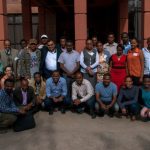 Previous Post
Previous Post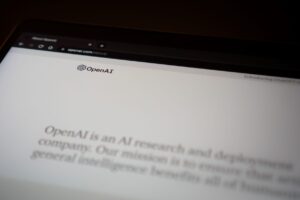
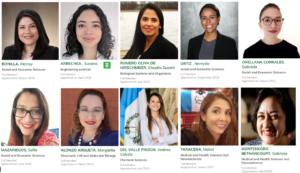

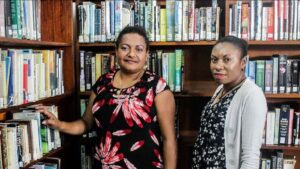
Thanks Dr. Pradeepa Wijetunga, coordinator of CONSAL for the information regarding CONSAL. Really the Sri Lankan universities are highly benefitted through this venture. We, South Eastern University of Sri Lanka is also a member of CONSAL and our academic researchers are very happy now. Indeed the contribution of INASP is immense from 2005 onwards in supporting us on accessing scholarly literature.It is extended until now. Many thanks for INASP as one of the beneficiary of their services.